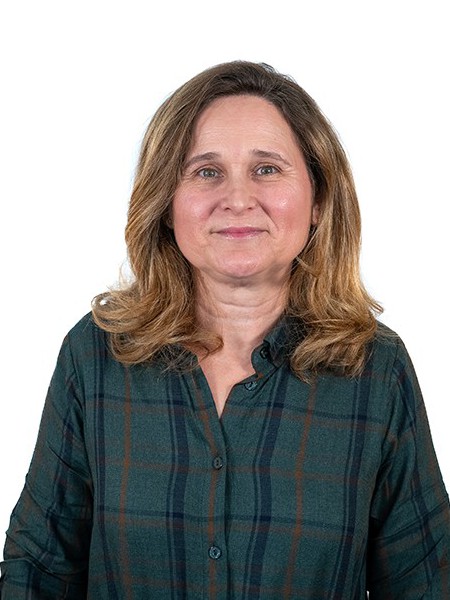abstract
Fly ash (FA) and exhausted bed sands (sands wastes) that are generated in biomass burners for energy production are two of the wastes generated in the pulp and paper industry. The worldwide production of FA biomass is estimated at 10 million tons/year and is expected to increase. In this context, the present work aims to develop one-part alkali-activated materials with biomass FA (0-100 wt.% of the binder) and sands wastes (100 wt.% of the aggregate). FA from two different boilers, CA and CT, was characterized and the mortar's properties, in the fresh and hardened conditions, were evaluated. Overall, the incorporation of FA decreases the compressive strength of the specimens. However, values higher than 30 MPa are reached with 50 wt.% of FA incorporation. For CA and CT, the compressive strength of mortars with 28 days of curing was 59.2 MPa (0 wt.%), 56.9 and 57.0 MPa (25 wt.%), 34.9 and 46.8 MPa (50 wt.%), 20.5 and 13.5 MPa (75 wt.%), and 9.2 and 0.2 MPa (100 wt.%), respectively. The other evaluated characteristics (density, water absorption, leached components and freeze-thaw resistance) showed no significant differences, except for the specimen with 100 wt.% of CA. Therefore, this work proved that one-part geopolymeric materials with up to 90 wt.% of pulp and paper industrial residues (FA and sand) can be produced, thus reducing the carbon footprint associated with the construction sector.
keywords
STRENGTH
subject category
Biochemistry & Molecular Biology; Chemistry
authors
Vilarinho, IS; Capela, MN; Pinho, AS; Labrincha, JA; Seabra, MP
our authors
Projects
InPaCTus - Innovative Products and Technologies from Eucalyptus Project (InPacTus)
CICECO - Aveiro Institute of Materials (UIDB/50011/2020)
CICECO - Aveiro Institute of Materials (UIDP/50011/2020)
Associated Laboratory CICECO-Aveiro Institute of Materials (LA/P/0006/2020)
acknowledgements
This work is financed by Portugal 2020 through the European Regional Development Fund (ERDF) in the frame of the Operational Competitiveness and Internationalization Programme (POCI) in the scope of the project INPACTUS, POCI-01-0247-FEDER-21874 and within the scope of the project CICECO-Aveiro Institute of Materials, UIDB/50011/2020, UIDP/50011/2020 and LA/P/0006/2020, financed by national funds through the FCT/MCTES (PIDDAC).





